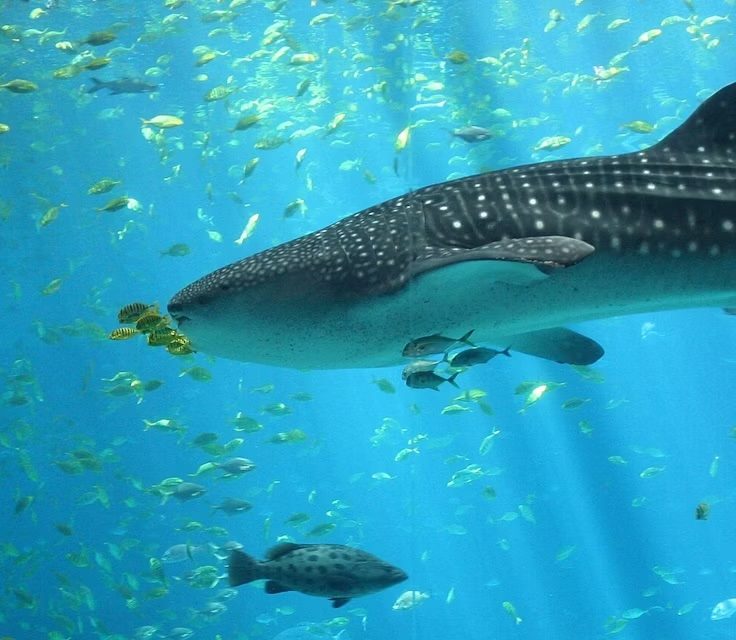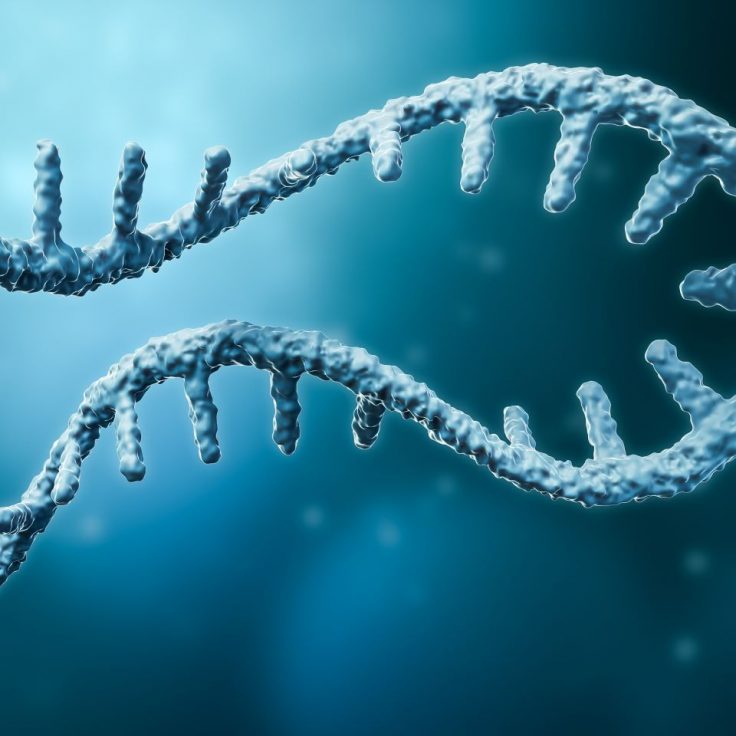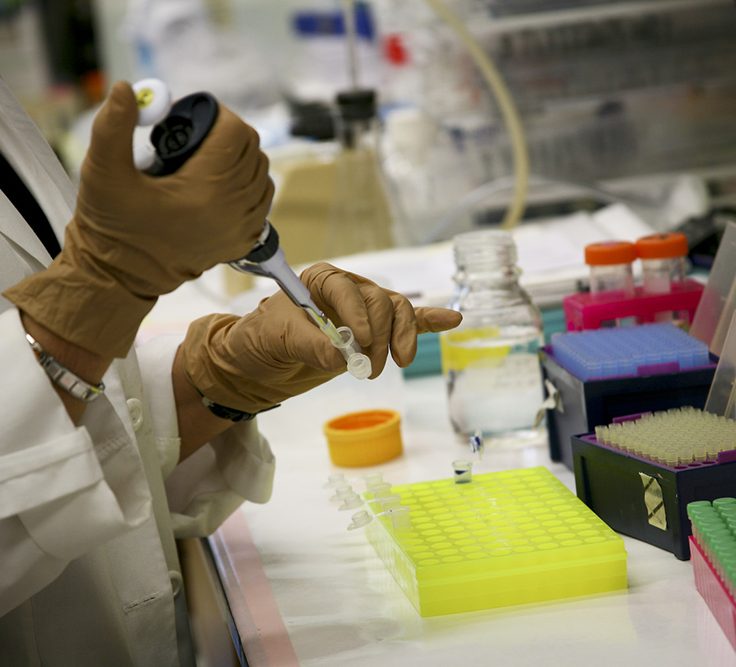Three CLAS faculty receive NSF CAREER awards
Three faculty from the College of Liberal Arts and Sciences were selected as U.S. National Science Foundation Faculty Early Career Development Program (CAREER) Award recipients. These awards are among the most prestigious that the organization has to offer, and are given to promising early-career faculty to jumpstart their research and to help establish themselves as leaders and mentors in their fields.
The three CLAS faculty that recently earned these awards are the Department of Chemistry’s Matthew Eddy and Boone Prentice and the Department of Biology’s Hannah Vander Zanden. Read more about these three and the work their grants will fund below:
Matthew Eddy
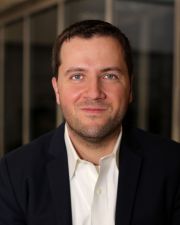
Assistant Professor of Chemistry Matthew Eddy’s research focus integrates biological chemistry, or the chemistry of cells and their functions, with physical chemistry, the measurement of properties of molecules. With this NSF grant, Eddy aims to expand our understanding of protein engineering and to find new ways to help protein-based materials survive within the human body. Recent research has shown that polymers, when attached to proteins, provide a shield that could help them survive the harsh conditions within our bodies, but the methods used to bind these molecules together have yet to be perfected. Dr. Eddy will fine-tune those methods and create a guide that others can use, which could lead to the development of better treatments for diseases like cancer
Boone Prentice
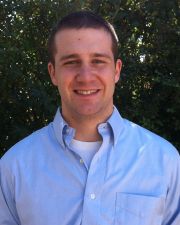
Assistant Professor of Chemistry Boone Prentice specializes in analytical chemistry- the science of making chemical measurements. With this grant, Prentice will conduct research on the structures of lipids and metabolites. These molecules are key to cellular functions, with lipids providing structure and flexibility to cell membranes and metabolites creating a sensing and signaling network within cells. These molecules vary slightly in size and chemical composition, which can significantly affect their cellular functions. Prentice’s goal is to develop more accurate and sensitive methods for identifying these differences, which could enable new biological discoveries and improve societal health.
Hannah Vander Zanden

The proposal that Assistant Professor of Biology Hannah Vander Zanden submitted for this grant expands on the sea turtle research she has been conducting for seven years as the head of the Animal Migration and Ecology Lab. This specific project focuses on sea turtle breeding patterns, using new approaches to explain how sea turtles get their energy during breeding periods. At the moment, the two possible explanations are capital breeding, where energy is stored ahead of time, and income breeding, where energy is gained during the breeding period. According to Vander Zanden, this information would be immensely helpful to understand how sea turtles may respond to changing environmental conditions as well as contribute to conservation efforts.
